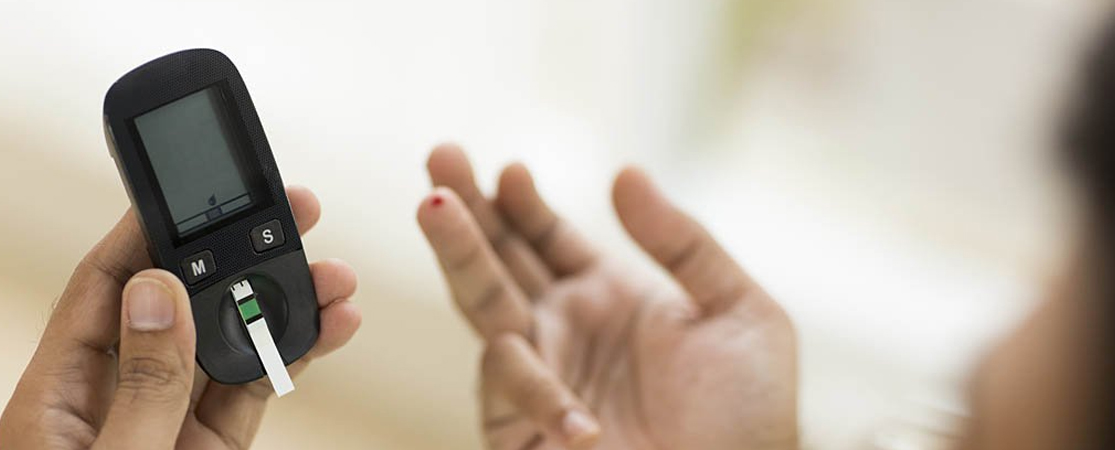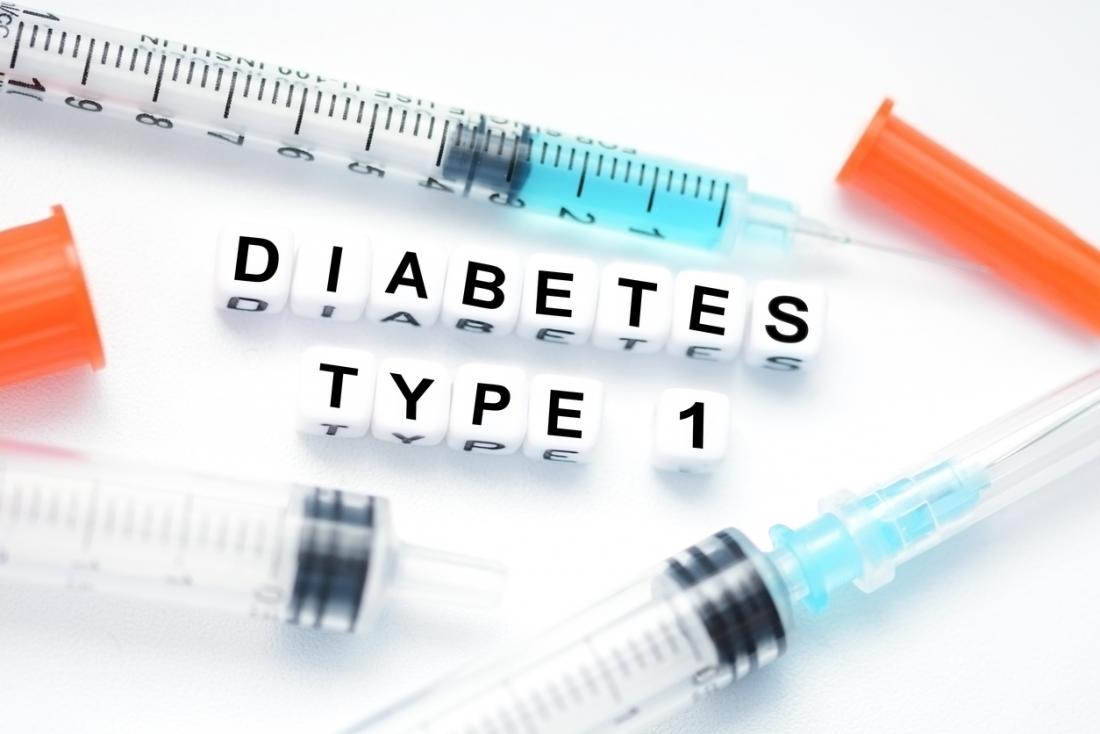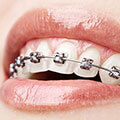
TYPE 1 Diabetes
Type 1 diabetes which is also known as juvenile diabetes or insulin-dependent diabetes is a chronic condition in which the pancreas produces little to no insulin. Insulin is the hormone needed to allow sugar (glucose) to be supplied to the cells to produce energy.
There are different factors which contribute to type 1 diabetes, including genetics and some viruses. Generally occurring in children or adolescence, it sometimes develops adults.
Despite continued research, type 1 diabetes has no cure. Treatment centers around overseeing glucose levels with insulin, diet and way of life to anticipate entanglements.
Side effects
Type 1 diabetes signs and side effects can show up moderately all of a sudden and may include:
- Increased thirst
- Frequent urination.
- Bed-wetting in kids who didn't wet the bed during the night before.
- Enhanced hunger.
- Unintended weight reduction
- Irritability and other state of mind changes
- Fatigue and shortcoming
- Blurred vision
Talk with your specialist in case you're a man and:
- You have a low sperm check or different issues with sperm
- You have a past filled with testicular, prostate or sexual issues
- You've experienced treatment for malignancy
- You have gonads that are little in size or swelling in the scrotum known as a varicocele
- You have others in your family with infertility issues
The accurate reason for sort 1 diabetes is obscure. Typically, the body's very own invulnerable framework — which regularly battles destructive microorganisms and infections — erroneously pulverizes the insulin-delivering (islet, or islets of Langerhans) cells in the pancreas.
Insulin's role:
When a noteworthy number of islet cells are decimated, you'll produce practically no insulin. Insulin is a hormone that produced from an organ arranged behind and beneath the stomach (pancreas).
- The pancreas secretes insulin into the circulatory system.
- Insulin flows, enabling sugar to enter your cells.
- Insulin cuts down the proportion of sugar in your circulatory system.
- As your glucose level drops, so does the discharge of insulin from your pancreas.
Risk factors include:
Some known hazard factors for sort 1 diabetes include:
- Family ancestry. Anybody with a parent or kin with sort 1 diabetes has a marginally expanded danger of building up the condition.
- Hereditary qualities. The nearness of specific qualities shows an expanded danger of creating type 1 diabetes.
- Topography. The frequency of sort 1 diabetes will in general increment as you travel far from the equator.
- Age. In spite of the fact that type 1 diabetes can show up at any age, it shows up at two perceptible pinnacles. The main pinnacle happens in youngsters somewhere in the range of 4 and 7 years of age, and the second is in kids somewhere in the range of 10 and 14 years of age
Complications:
After some time, type 1 diabetes intricacies can influence significant organs in your body, including heart, veins, nerves, eyes and kidneys. Keeping up a typical glucose level can significantly diminish the danger of numerous complexities. In the end, diabetes complications may be disabling or even life-threatening.
Complications may include:
- Heart and blood vessel complications.
- Damage to the kidneys
- Damage to the eyes
- Damage to the foot
- Skin and mouth complications
- Pregnancy complications.
Counteractive actions:
There's no realized method to counteract type 1 diabetes. Be that as it may, analysts are chipping away at counteracting the sickness or further pulverization of the islet cells in individuals who are recently analyzed.
Inquire as to whether you may be qualified for one of these clinical preliminaries, yet cautiously gauge the dangers and advantages of any treatment accessible in a preliminary.
Subscribe to our
Newsletter
***We Promise, no spam!










